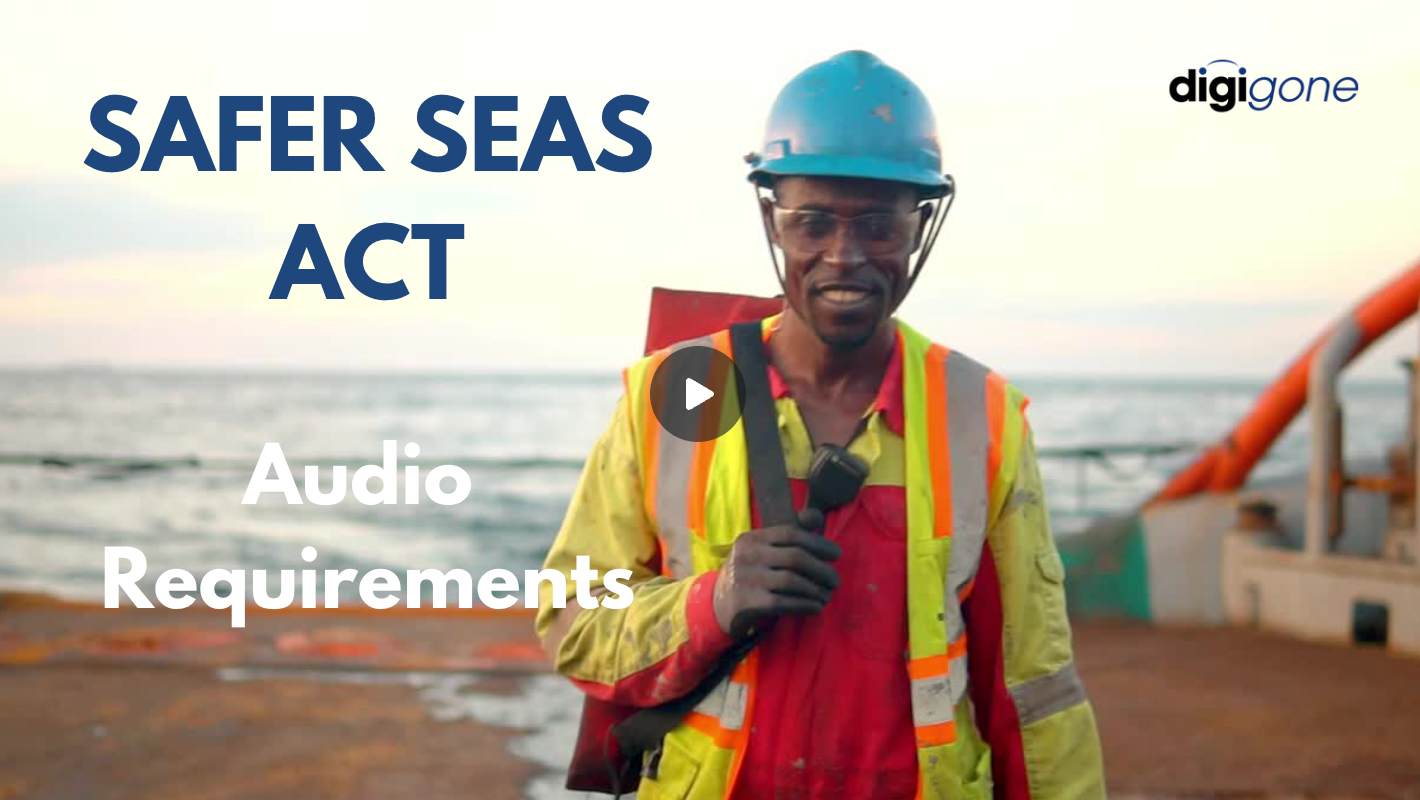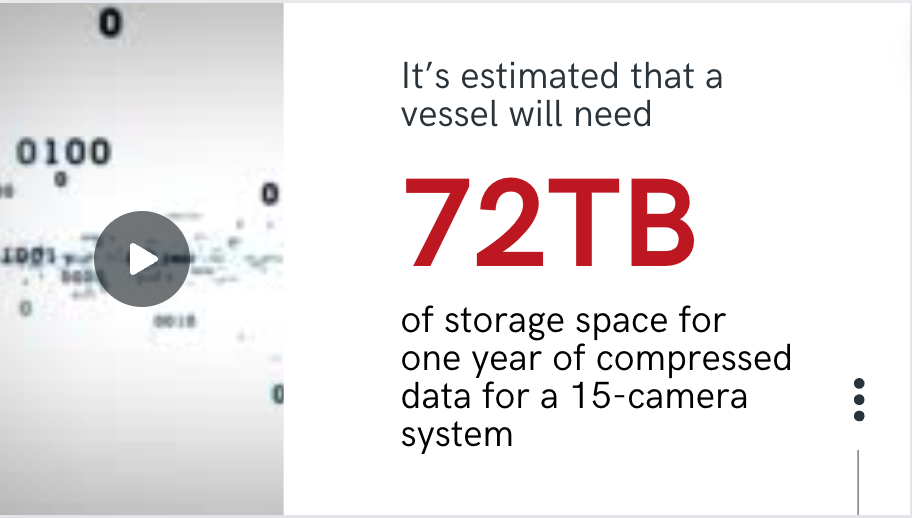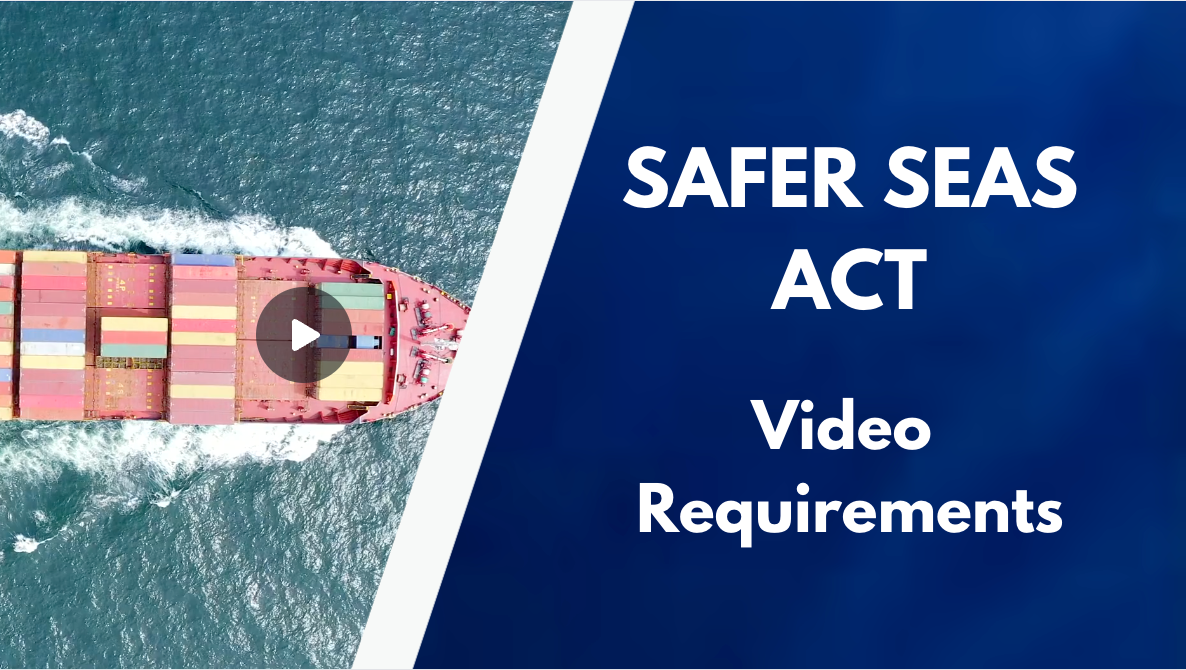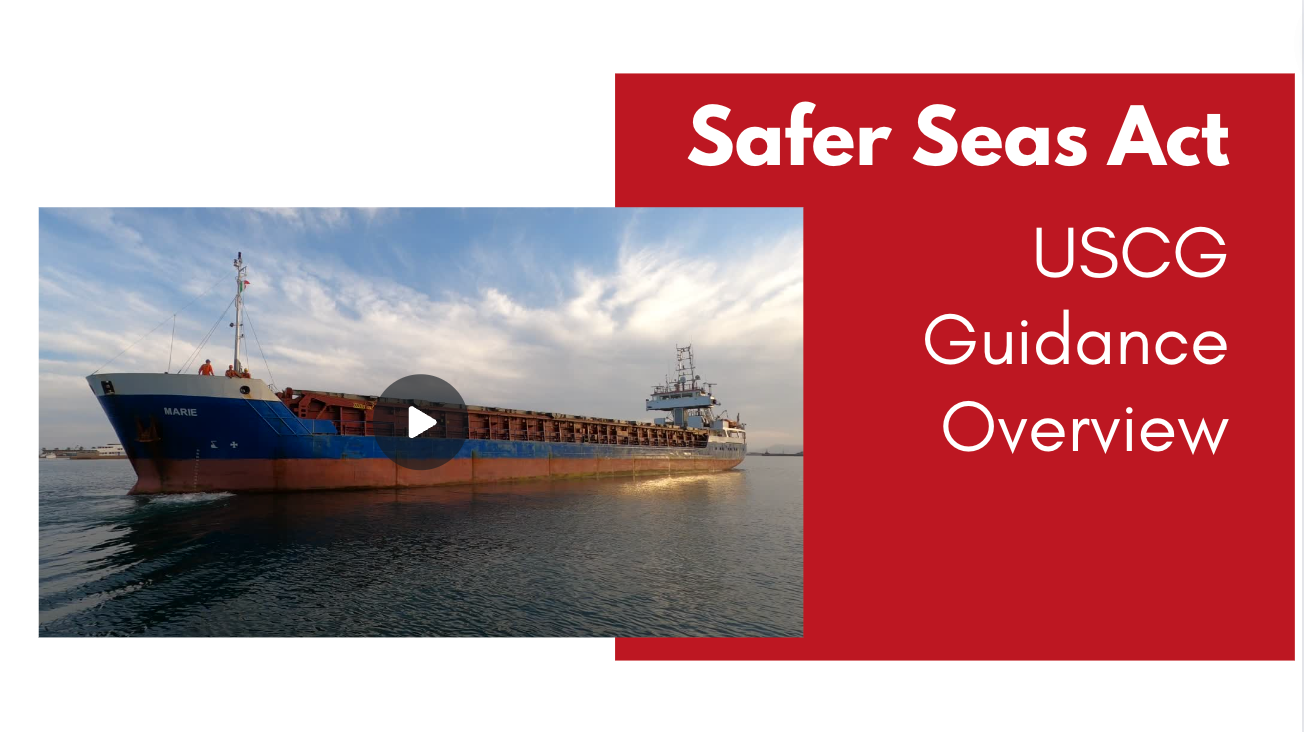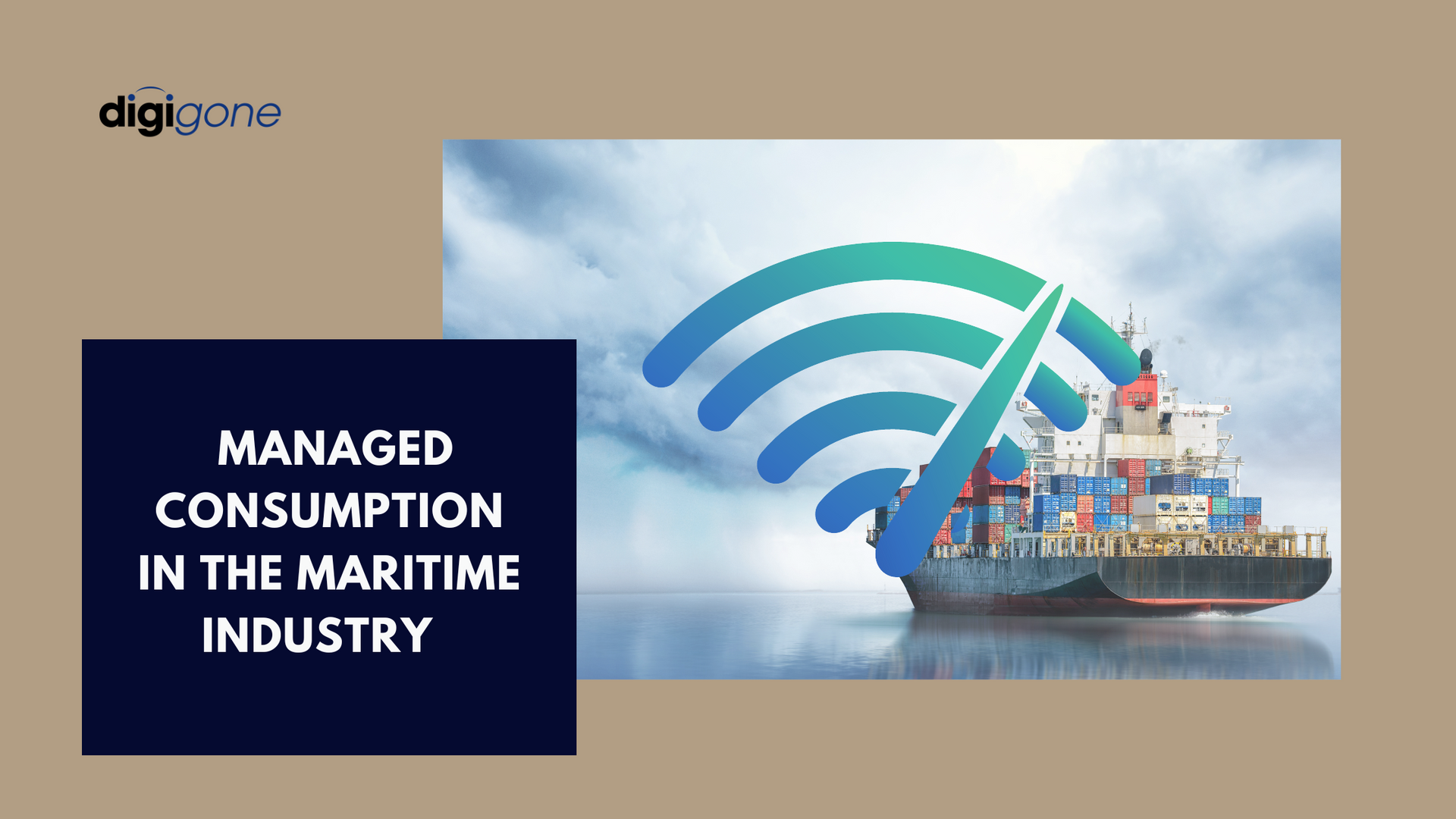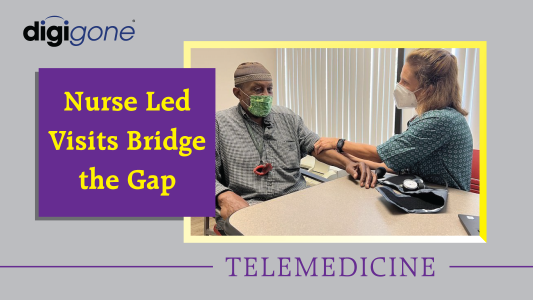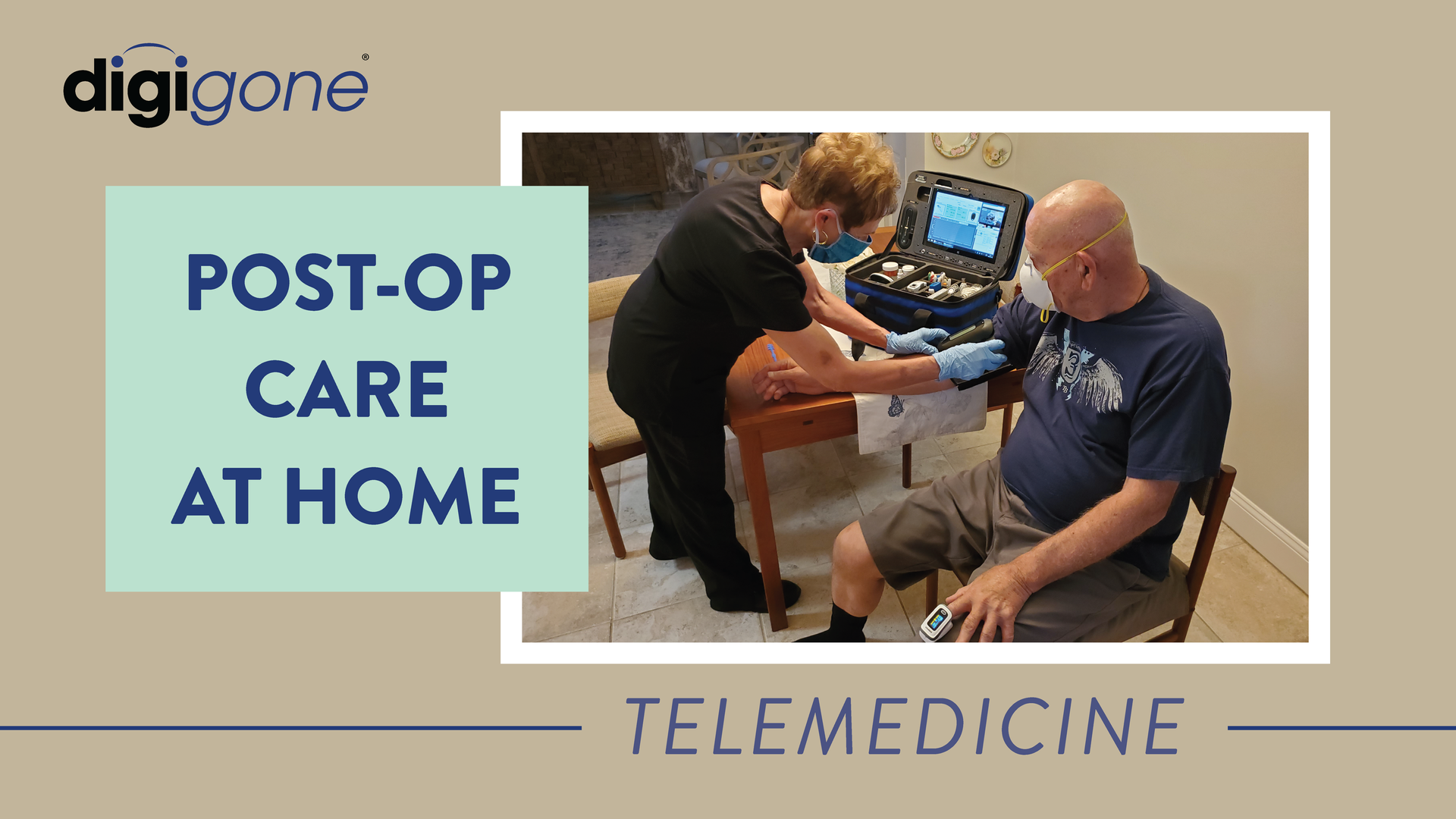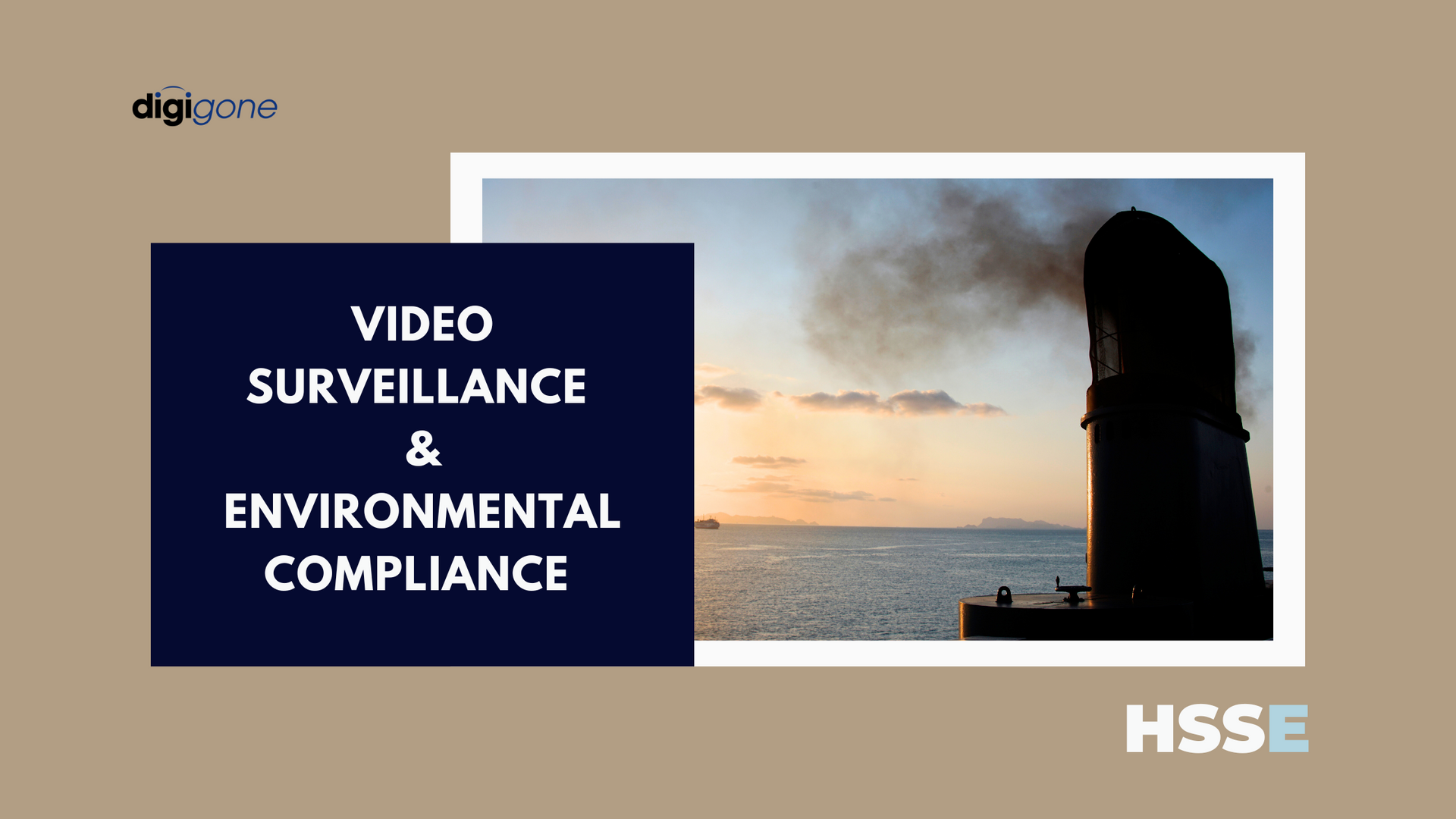"Overstretched and under-resourced"
A Holistic Approach to Crew Welfare
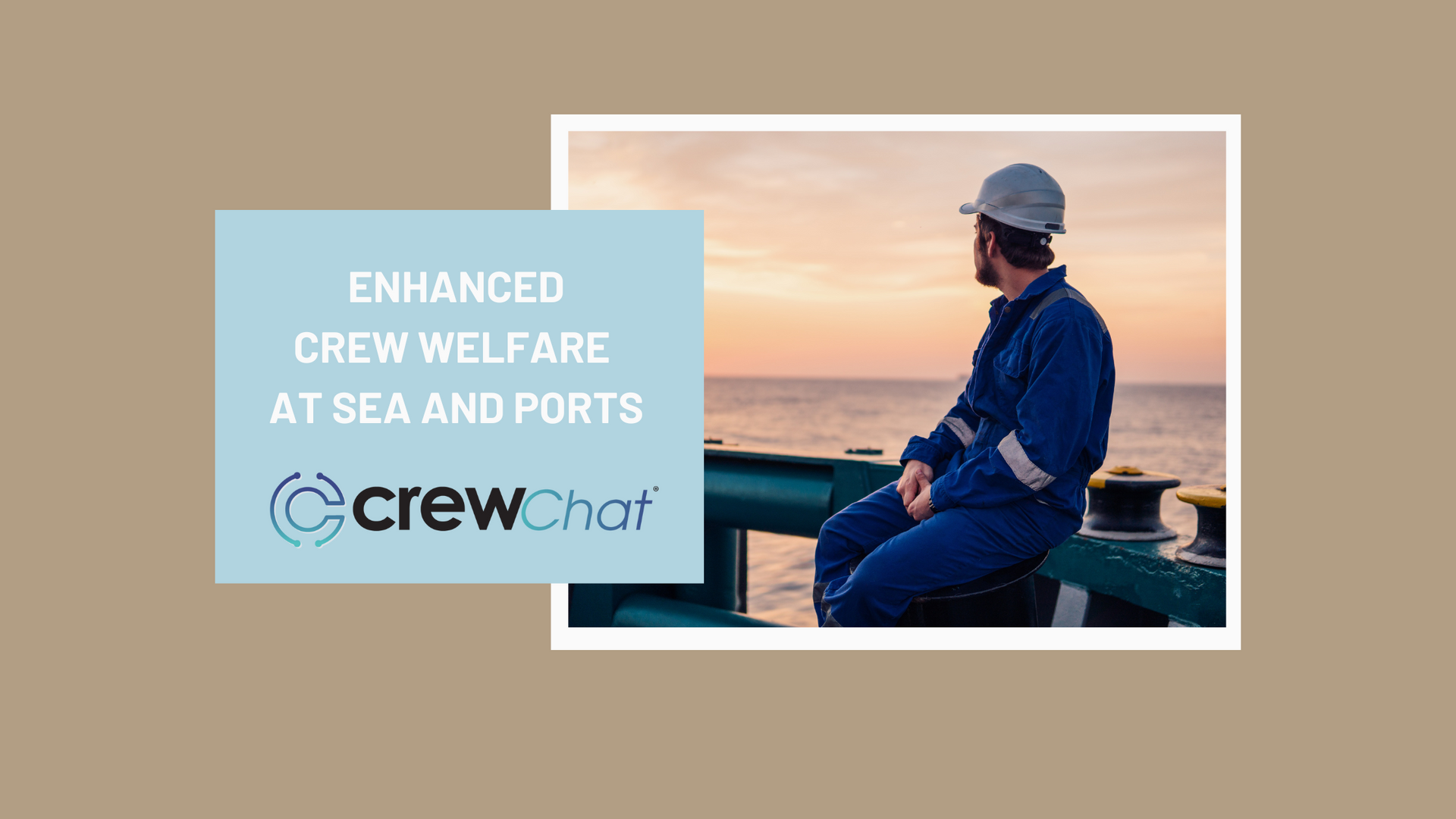
A 2022 report titled “Overstretched and under-resourced: the corporate neglect of port welfare services for seafarers,” looks at the role of welfare centers at ports established to assist mariners on shore leave.
The study was prompted by an
article written by Karen McVeigh with
The Guardian during the early days of the pandemic. McVeigh spoke with Reverend Dennis Woodward, who was one of 20 chaplains to board ships in the port in Rotterdam, offering fellowship to the 500,000 seafarers who passed through each year. But, after the pandemic hit, Rev. Woodward was the last man standing: the only volunteer left checking on the mariners.
From
The Guardian:
“As he travels from ship to ship, he now dons disposable gloves, keeps two metres from the crew and stops at the top of the gangway, rather than enter vessels. But he doesn’t wear a face mask: he feels it is important to show his face.
“They are anxious and lonely,” Woodward, a chaplain for the Mission to Seafarers, told the Guardian. “One seafarer almost cried when I told him I was the last chaplain still visiting ships in the port. He was a seafarer from the Philippines and, like myself, had two small children. He was misty-eyed.”
“Overstretched and under-resourced,” looked at funding for volunteer organizations and stakeholder support services at ports and determined that across the globe these centers required “remedial action.”
The report suggests that funding for port welfare services be raised through reasonable levies, adding that such levies would be “inconsequential” when considering the operating costs of vessels and ports.
We previously wrote about seafarers being the ‘Forgotten Army’ of the sea, largely responsible for the global supply chain of goods, food, medical supplies and countless other items. During the pandemic, mariners endured extended trips, often in very stressful and isolated situations. Ports were a small point of reprieve; even though at the time many weren’t allowed to disembark.
But to the bigger point: While we can’t control pandemics and adverse events — from natural disasters to port strikes — the technology is now available for seafarers to be able to connect with their friends and families from
anywhere.
Mariners should no longer have to rely on volunteer-based port welfare centers to speak with chaplains or doctors. Ultra-low bandwidth satellite-based communication solutions allow crews to speak — via both video and voice — to anyone from anywhere.
Further, as the report authors pointed out, it’s an affordable investment considering the full costs of operating a vessel. We've also previously written about the cost savings with recruitment and retention, as well as fewer insurance claims when crews are happy.
As well, entire telemedicine networks are established allowing crew to have consultations — with doctors, mental health experts, or chaplains — all in the privacy of their own staterooms.
The report highlights the ongoing difficult conditions facing mariners and ends with a note that while it’s premature to undertake a post-COVID assessment, early indications are that the pandemic has increased the need for port-based welfare services adding, “However, neither the need for such research nor the pandemic itself, should be allowed to delay the implementation of urgently needed change."
But why wait for the port when many of these services can be addressed at sea?
DigiGone recently launched CrewChat an ultra-low bandwidth voice and video communications tool for remote locations. Combined with our experience in the maritime and telemedicine industry, we offer stewardship in this sector. For more information visit digigone.com/crewchat to request a demonstration. Or email us at info@digigone.com, or call at 1-727-544-2327.
CrewChat is a product from DigiGone. DigiGone is a veteran-owned, service-disabled business based in Largo, Florida.

